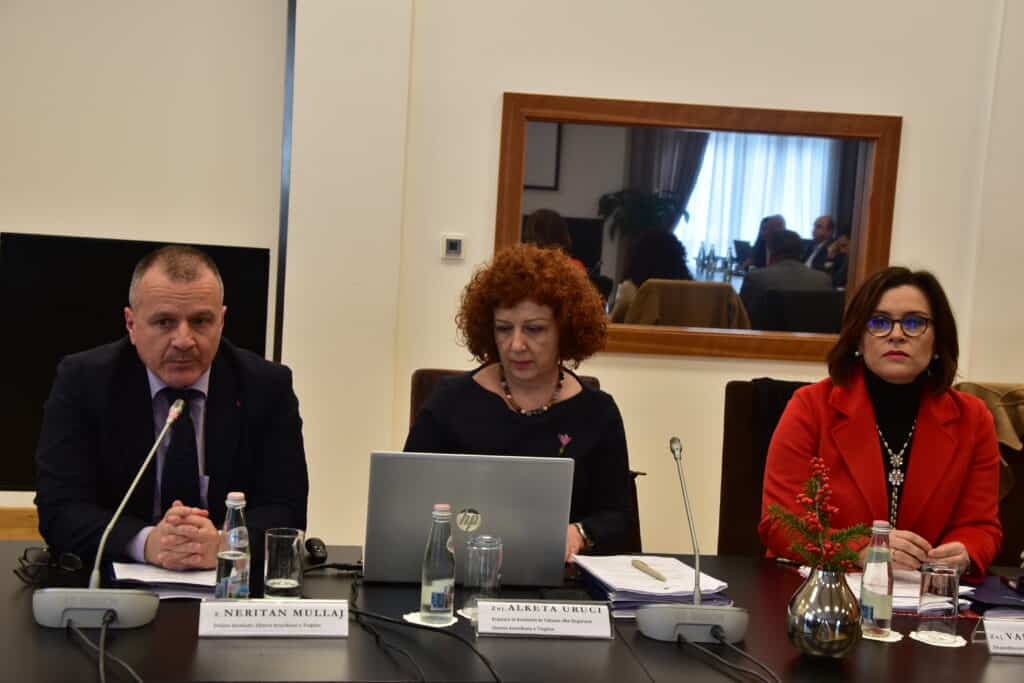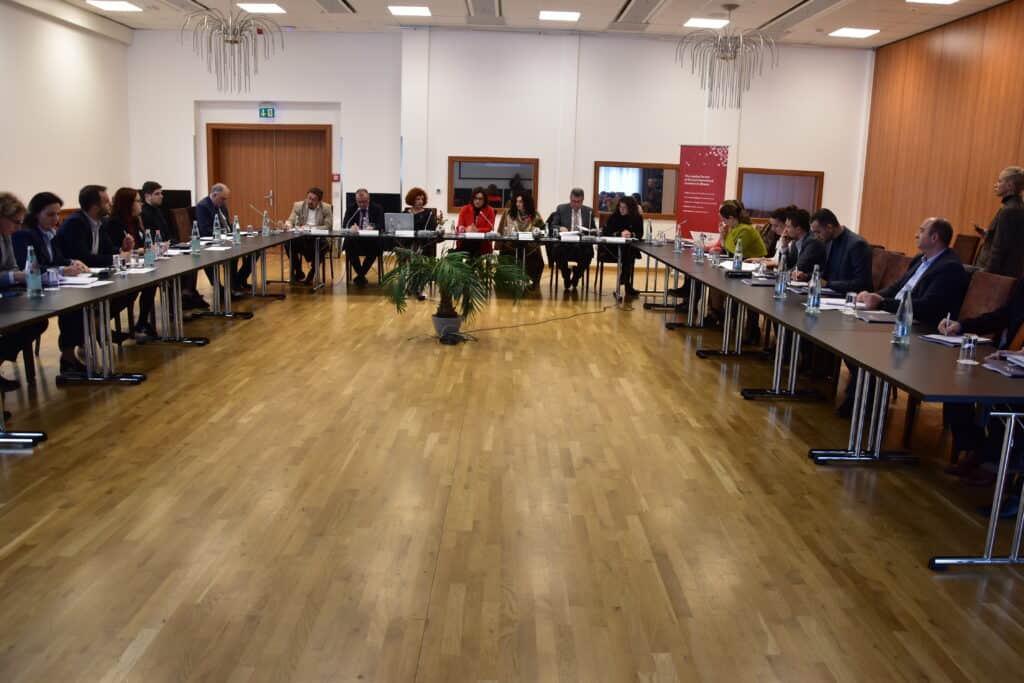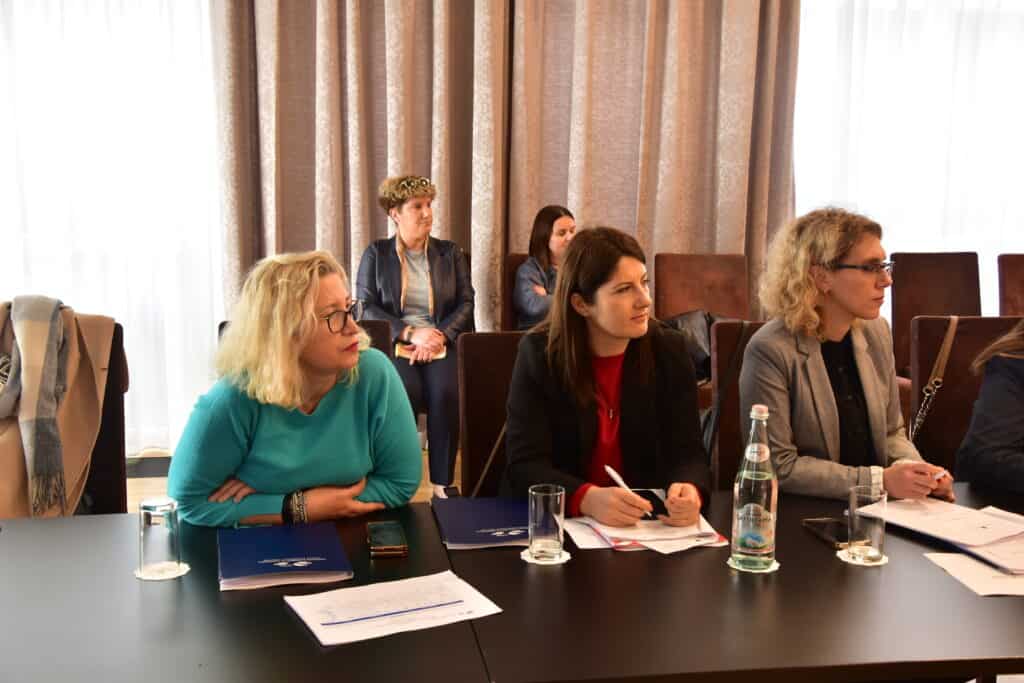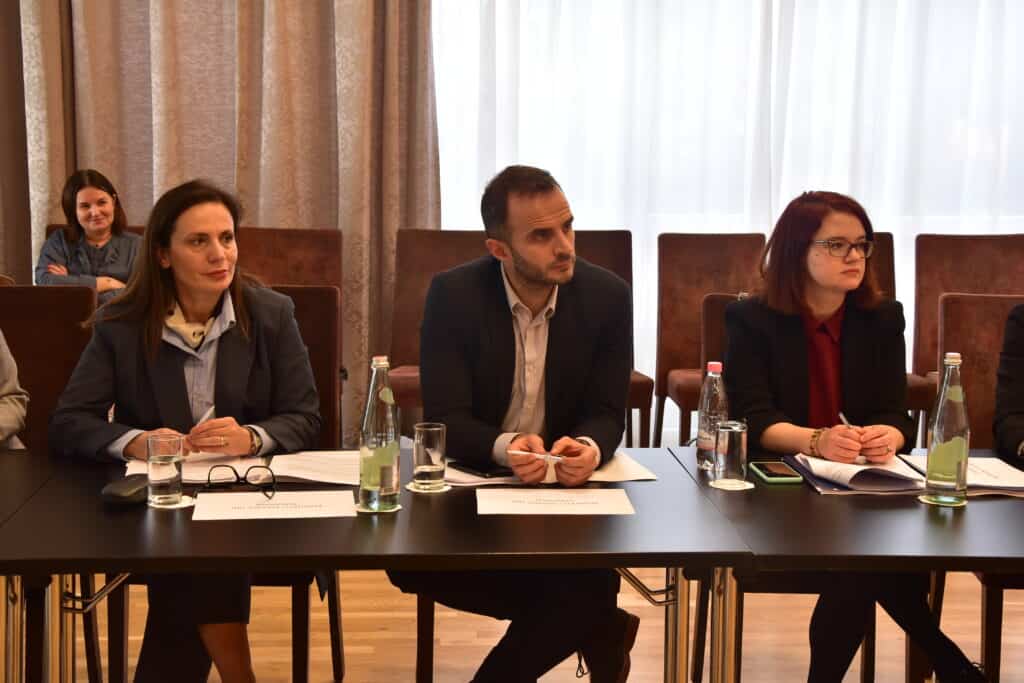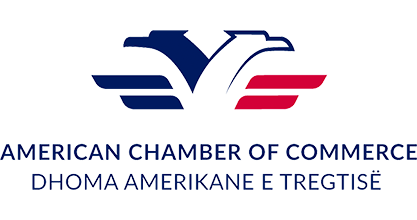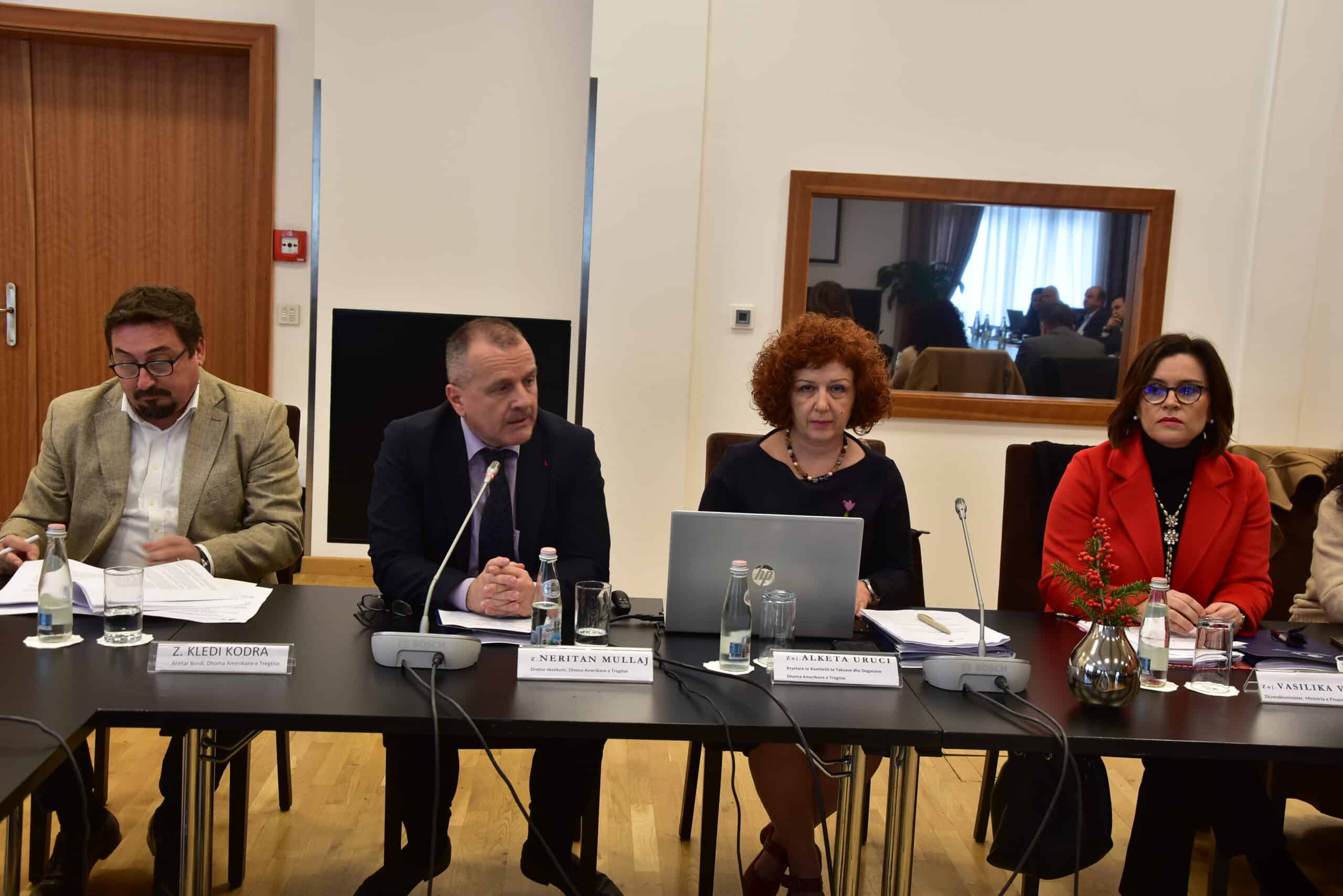“The Tax and Customs Committee at the American Chamber of Commerce in Albania has organized a Business Forum with Deputy Minister Vasilika Vjero and Ministry of Finance and Economy experts to discuss in detail issues businesses could face during the implementation of the latest draft income tax law, insisting on treating all taxpayers equally, something the new law should guarantee in all its elements.”
AmCham Albania, has recommended for a long time through its Investment Agenda that the government take initiatives aimed at implementing a modern tax system to increase competitiveness and attract investments — seeking to set effective tax and fiscal practices that stimulate business growth and encourage the formal economy.
AmCham’s Tax and Customs Committee focused on the new draft law on income tax since it became public, even though the public consultation process did not respect all the necessary stages for such an important law for businesses. The business community has welcomed the drafting of a new income tax law and appreciates the work done by the Ministry of Finance and Economy. However, there are ambiguities and other issues of concern that were evident in the draft law. These were the topic of discussion with Deputy Minister Vjero, General Directorof Macroeconomic Policies and Fiscal Affairs Nikola Lera and other fiscal experts at the ministry. The meeting started with a general presentation by Ms. Vjero on the changes the draft law brings, noting that they aim to bring a new approach to income tax for individuals and businesses as well as address innovations in doing business.
Among the most basic changes brought by the draft law, Ms. Vjero listed income tax for two categories: individuals (be they employees or self-employed) and corporations. Personal income is conceptualized in three major groups: income from employment, income from owned business and income from passive capital. Income from employment is taxed according to the current progressive tax system of 0 percent, 13 percent and 23 percent, based on level of income, while the law mandates that income from employment of up to 50,000 leks will not pay any tax (starting from Jan. 1, 2023). Business income is taxed at 15 percent on net profit. Whereas, income from passive capital and other income are taxed at the 15 percent rate, with the exception of 8 percent being applied in the case of dividends.
Facilitating initiatives undertaken by the government regarding the reduction of the tax rate for some sectors — especially in software development, agritourism and persons with turnover below 14 million leks per year will continue to apply until 2029.
Contrary to what was earlier stated, the draft law on income tax will enter into force on Jan. 1, 2024. This will give the administration the opportunity to draft the by-laws and regulations that will accompany the law, make the appropriate changes to its IT systems for the drafting of tax declarations according to the requirements of the new law, but it will also give businesses time to become familiar with the new law.
AmCham Executive Director Neritan Mullaj emphasized the importance of allowing consultations to take place for such an important bill and the work that AmCham has done through its experts to bring well-reasoned comments that try to solve many problems that may appear in the implementation of the draft law as drafted by the government.
AmCham Tax and Customs Committee Chairwoman Alketa Uruçi presented the chamber’s key comments on the draft law, noting that the postponement of the deadline for the implementation of the law to Jan. 1, 2024 had been one of the basic requests by AmCham members. The period of one year before the law is applied should be used to cooperate with all actors in favor of improving the draft law, drafting by-laws and regulations that give more clarity on the law and leave no room for interpretation, she added.
New legal provisions such as carrying losses for five years and the application of depreciation rates with the linear method for all assets were welcomed by AmCham members.
During the meeting, AmCham experts requested that the draft law be revised in order to include measures aimed at reducing informality.
According to an announcement by the Parliamentary Commission for Economy and Finance, the review of the draft law has been postponed until January 2023 in order to discuss more widely the concerns raised by the business community. Considering the short time left until the scheduled date of discussion in the commission, AmCham is committed to continue the discussion with all actors involved in order to improve the draft law.
